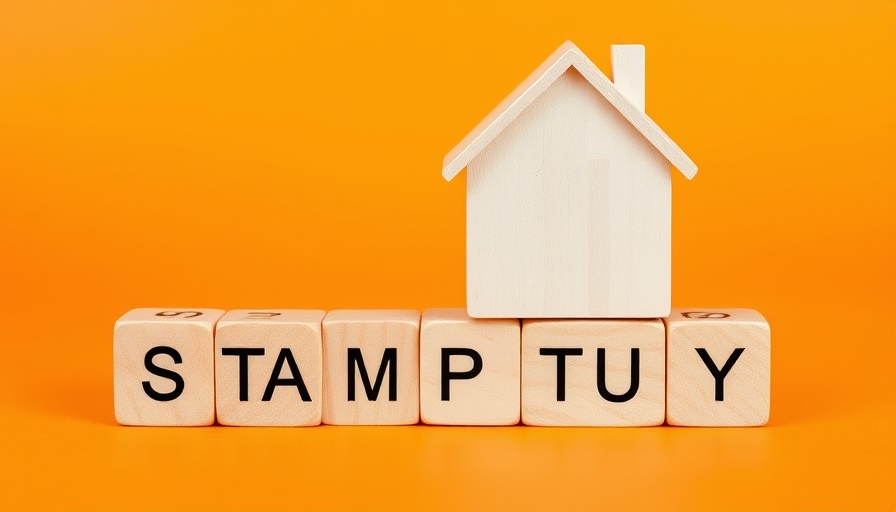
Understanding the Case Against Stamp Duty
Stamp duty, often regarded as a ‘regressive tax,’ has sparked ongoing discussions about its implications for the UK housing market. Recent insights from brokers suggest that while this tax poses significant barriers for property buyers, particularly first-time buyers and those looking to downsize, any potential alternative must be thoughtfully designed to avoid exacerbating existing inequalities.
Barriers to Home Ownership: A Growing Concern
According to Rightmove, a staggering 30% of homes listed for sale in England are priced over £500,000, illustrating the high stakes in the housing market. The proportion doubles in London, where 59% of homes exceed this threshold. Colleen Babcock, a property expert at Rightmove, emphasizes that the current stamp duty structure complicates the mobility of homeowners, making it a topic of urgent reform.
Potential Solutions: A Path Forward?
One proposed solution includes raising the zero-rate threshold that defines when first-time buyers begin to pay stamp duty. There’s also support for spreading stamp duty payments over a longer duration, which could alleviate financial pressure. These adjustments may enable more individuals to navigate the market without the heavy burden of immediate upfront taxes.
The Importance of Consideration in Tax Reform
As Chancellor Rachel Reeves contemplates a shift from stamp duty to a new tax model targeting homes over the £500,000 mark, industry experts urge caution. They warn that without meticulous analysis and planning, such changes may inadvertently disadvantage current homeowners rather than facilitate market entry for newcomers. Ensuring any replacement tax is designed with fairness in mind could be crucial for sustainable housing market functioning.
 Add Row
Add Row  Add
Add 




Write A Comment